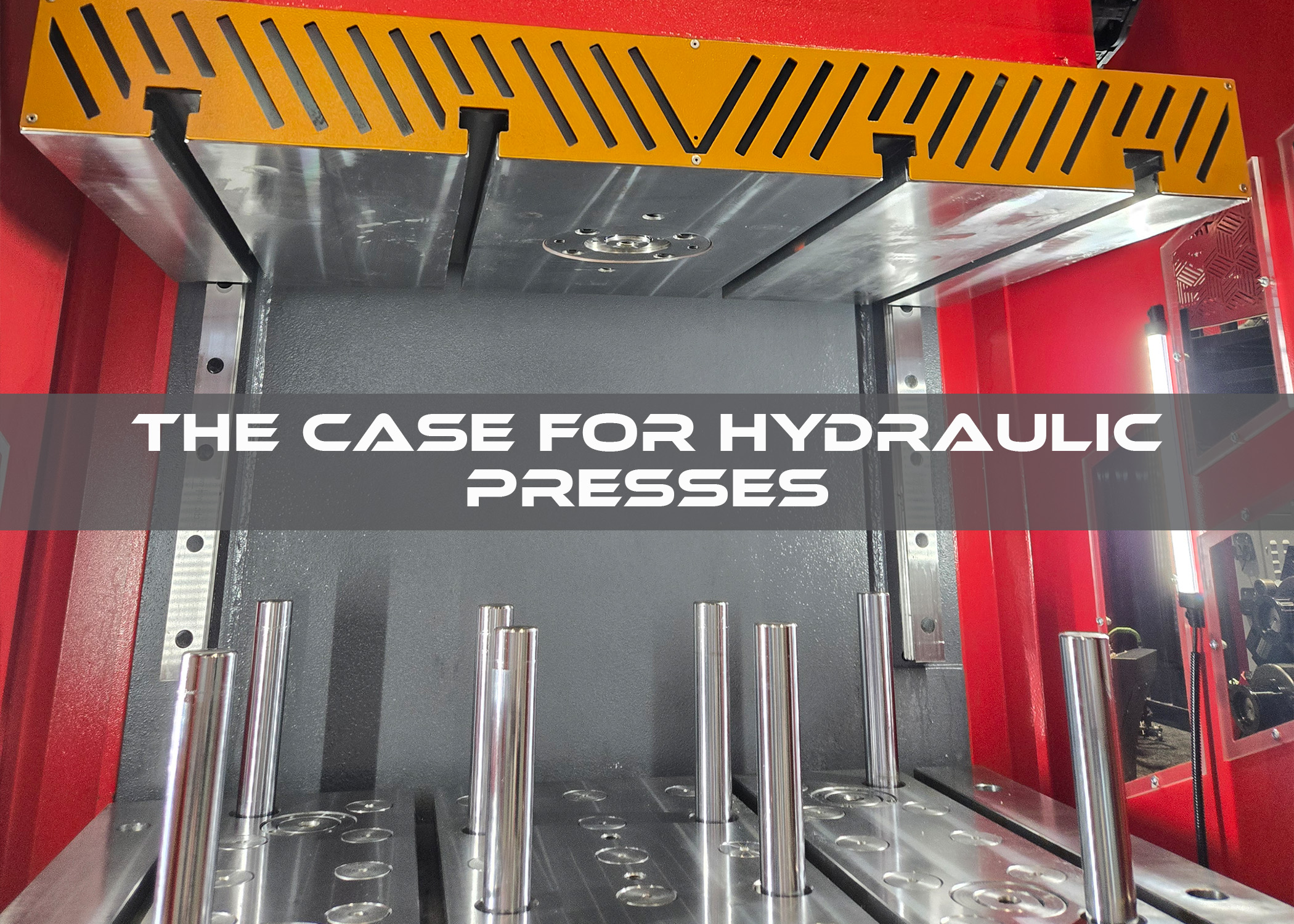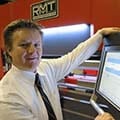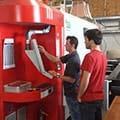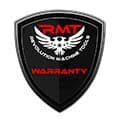Metal fabrication is an industry built on precision, power, and efficiency. From shaping sheet metal to punching holes and forming custom parts, fabrication requires tools that can handle demanding tasks while maintaining consistent results. Among the most versatile and valuable pieces of equipment in any metal fabrication shop is the hydraulic press. Unlike classic mechanical presses, which rely on flywheels and crank systems, hydraulic presses operate using fluid pressure to generate immense force. This difference gives hydraulic presses unique advantages that can significantly improve productivity, safety, and overall business profitability.
The following are several benefits that owning a hydraulic press can bring to a metal fabrication shop.
Versatility in Applications. One of the foremost benefits of having a hydraulic press in a metal fabrication shop is its versatility. A single hydraulic press can perform a wide range of operations, including bending, punching, blanking, deep drawing, forging, straightening, and even compacting scrap for recycling. Unlike machines that are purpose-built for only one function, hydraulic presses can adapt to various tooling and dies, allowing fabricators to use the same machine for multiple jobs. This flexibility is particularly valuable for small and medium-sized shops that handle custom projects and cannot afford a specialized machine for every task.
Consistent Pressure and Precision. Hydraulic presses provide consistent force throughout the entire stroke, unlike mechanical presses where force peaks at specific points in the cycle. This uniform pressure allows for cleaner cuts, more accurate bends, and superior repeatability in production. For fabrication work that demands precision—such as aerospace or automotive components—this reliability is critical. The ability to dial in exact pressure levels also reduces the risk of damaging delicate materials, which makes hydraulic presses suitable for both heavy-gauge steel and thinner metals.
Superior Force Capabilities. Hydraulic systems can generate enormous amounts of pressure with relatively small motors. A hydraulic press can deliver thousands of tons of force, making it capable of handling even the toughest metals and the most challenging forming operations. This makes them indispensable for heavy fabrication work where mechanical presses may struggle or require impractically large machinery. The high force capacity also ensures that hydraulic presses can be used for a shop’s most demanding projects without the need for constant upgrades or additional equipment.
Safety Advantages. Modern hydraulic presses are equipped with advanced safety features that make them safer than many older mechanical systems. Features such as overload protection, pressure relief valves, and programmable controls minimize risks during operation. Because the pressure can be precisely regulated, operators have more control over the machine, reducing the chance of accidents caused by excessive force. Additionally, hydraulic presses can be stopped at any point in the stroke, unlike mechanical presses that often must complete their cycle. This “stop and hold” function provides greater safety and control for the operator.
Space and Cost Efficiency. While hydraulic presses can generate massive amounts of force, their design is generally more compact than mechanical presses with equivalent capacities. This smaller footprint is a major advantage for fabrication shops where space is at a premium. Hydraulic presses also tend to be less expensive upfront than large mechanical presses and are easier to maintain, making them a cost-effective choice for shops looking to maximize value.
Lower Maintenance Requirements. Mechanical presses rely on many moving parts such as gears, flywheels, and crankshafts, which can wear out over time and require regular replacement. Hydraulic presses, by contrast, have fewer components subject to mechanical stress. Maintenance typically involves monitoring hydraulic fluid levels, checking seals, and ensuring the system is free of leaks. With fewer wear parts, downtime is reduced, and the press can operate reliably for many years. This translates into lower long-term costs and greater productivity.
Energy Efficiency. Hydraulic presses only use the power required to perform a given task, making them more energy efficient than mechanical presses that constantly run flywheels. Many modern hydraulic systems are equipped with variable displacement pumps or servo-driven motors that optimize energy use, further reducing operating costs. For shops that are conscious of energy consumption and utility bills, this efficiency can result in significant savings over time.
Customization and Adaptability. Hydraulic presses are highly customizable. Manufacturers can design them in C-frame, H-frame, or four-post configurations to suit the needs of different shops. They can also be outfitted with specialized controls, die sets, and automation features to match specific fabrication tasks. This adaptability ensures that a hydraulic press can grow with the business, serving both standard and highly specialized production needs.
Improved Product Quality. Because hydraulic presses apply pressure smoothly and evenly, they help reduce the likelihood of defects such as warping, cracking, or incomplete forming. The consistent application of force ensures that every workpiece meets exact specifications. This is especially important in industries where quality standards are strict, and non-conformances can lead to costly rework or rejected parts. By improving product quality, a hydraulic press helps a shop build its reputation and secure repeat business.
Enhanced Productivity and Workflow. The versatility, reliability, and ease of operation of hydraulic presses all contribute to faster turnaround times. Operators can quickly set up and adjust the machine for different jobs, minimizing downtime between projects. Many presses are also compatible with automation systems such as robotic loaders or CNC controls, further increasing throughput. For a fabrication shop that handles high volumes or tight deadlines, the productivity boost from a hydraulic press can be a game-changer.
Long-Term Business Value. Ultimately, investing in a hydraulic press is not just about immediate capabilities but long-term business growth. A shop with a hydraulic press can take on more diverse projects, bid competitively for larger contracts, and deliver higher-quality work at lower cost. The reduced maintenance, energy efficiency, and adaptability make it a sound financial investment that pays dividends for years.
